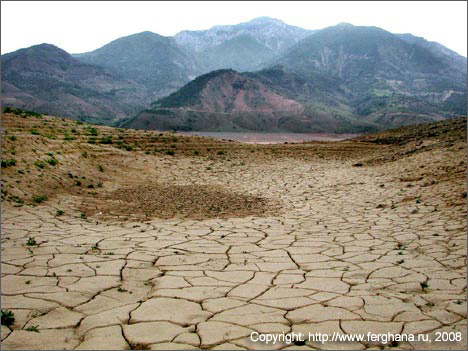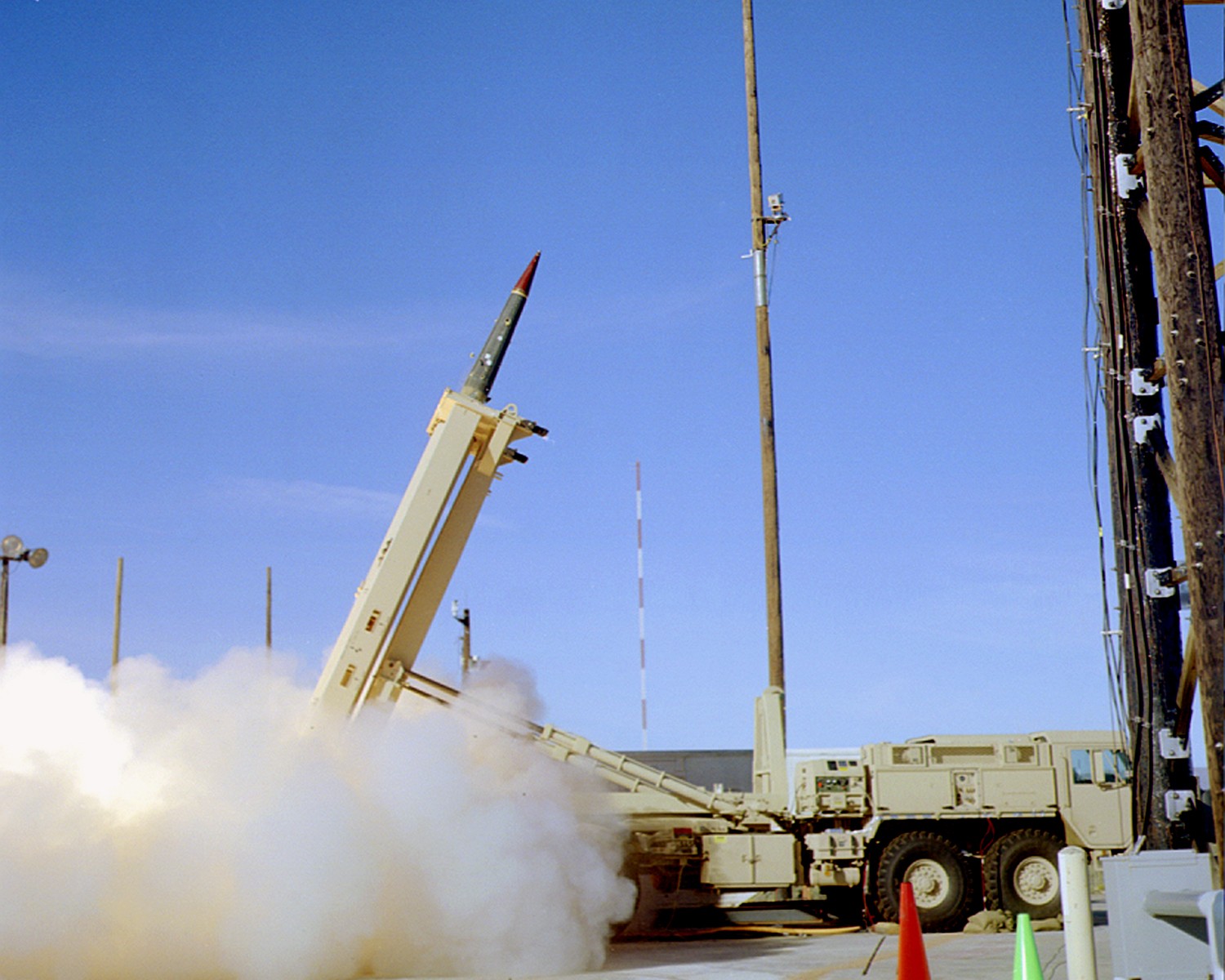[captionpix align=”center” theme=”elegant” width=”600″ imgsrc=”http://natoassociation.ca/wp-content/uploads/2013/06/TopSolutions-1000.jpg” captiontext=””]
There is no resource more important than fresh water. When a country has it in abundance, agriculture sectors are strong, people’s health improves and their economy booms. When this ‘blue gold’ is scarce, thirsty crops cannot sustain populations, health deteriorates, and economies stutter. When all these factors combine, unrest is rarely far behind. New approaches to managing water resources that emphasize the importance of civilians and non-state actors are essential if NATO wants to ensure water does not contribute to conflict in the strategically important Central Asian region.
Central Asia: The Scene of Water Scarcity
[captionpix align=”right” theme=”elegant” width=”400″ imgsrc=”http://natoassociation.ca/wp-content/uploads/2013/06/mapca.jpg” captiontext=”Geographic layout of the main rivers in Central Asia”]
In the former Soviet republics of Central Asia (Kyrgyzstan, Kazakhstan, Uzbekistan, Tajikistan and Turkmenistan) the root of the water problem is historical. The five states are connected by an extensive network of Soviet-era dams and canals that funnel water across borders into fields. In the past, the dams of mountainous states like Kyrgyzstan and Tajikistan powered their cities, while rivers fed cotton fields in downstream Uzbekistan. Present-day disagreements between governments over how to use their shared water sources have meant Tajik homes are warm in winter, but Uzbek fields are parched in the hot months. This lack of cooperation is worsening environmental disasters like the disappearing Aral Sea, which has sucked livelihoods and prosperity out of an already impoverished part of the world.
The region is also the scene of intense competition for access to petroleum and other resources in what some are calling a ‘New Great Game’ between NATO countries on one side and Russia/China on the other. Other than petroleum, Canada is a leading mining actor in the region. The Kumtor mine in Kyrgyzstan, owned by a Canadian company, is the largest foreign-owned mine in the region. Our allies use air bases in Kyrgyzstan and in the past in Uzbekistan to support coalition forces in Afghanistan, making the area an economic and geo-strategic priority.
Deflating the ‘Water Wars’ Hypothesis
Poverty and resource shortages are a recipe for tension and have potential for conflict between the haves and have-nots; yet the doomsday scenario of ‘water wars’ between states, regularly predicted by all types of analysts, is not supported by history. The only example widely agreed-upon took place over 4000 years ago. The potential for low-level conflict between classes, clans, tribes, corporations and communities is far more likely, as Canadian water activist/author Maude Barlow told Aljazeera last year.
In many ways this is the more concerning possibility. Conflicts that blur the lines between civilians and combatants are becoming more common and pose complex challenges for traditional peacekeeping efforts. The difficulties associated with addressing child soldiers in Sierra Leone and strategies to tackle networks like Al Qaeda are well known, and are high-profile issues . But there is less attention given to the unique dynamics between non-state groups in places like Tajikistan.
A Rubik’s Cube of Conflict
If the problem is complex, so is the solution. Defusing tensions over water scarcity will require collaboration between government offices and grassroots initiatives. Canada and its allies will need to engage with local actors in Central Asia on water issues while establishing a dialogue with their counterparts in government. Doing so would help to maintain economic and political stability in the region.
At the government level, there has been engagement in the form of regional economic integration and rumoured special security forces capacity building. But such an approach remains too high-level to reach the grassroots where conflict, if it is to happen, will take place. A more effective strategy would be to emphasize the roles of civil society actors like the Agha Khan Foundation, already well-established in the area, in addressing tensions on a smaller scale.




